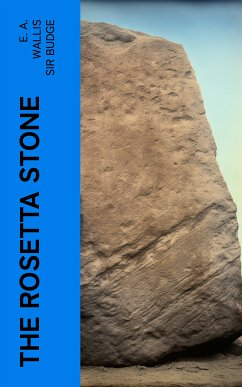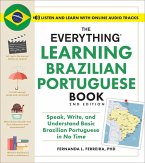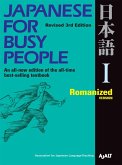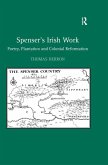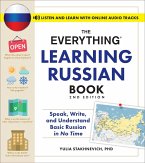The Rosetta Stone by E. A. Wallis Sir Budge is an interesting and educational book. This volume tells the story of the Rosetta Stone, starting from its discovery during a French military excavation to its preservation in the British Museum as one of the great cornerstones of linguistic studies. The book contains a full and detailed explanation of the meticulous scholarship and inspired impulse that allowed a handful of scholars to decrypt the age-old code. With over 20 photographs, The Rosetta Stone is immensely academic but unstuffy; packed with linguistic details but clear and attainable to the layman; in short, it will fascinate any student of Egyptology, languages, or the history of the ancient Near East. Egyptologists' ground-breaking contributions and the work of linguists over the years eventually led to a true knowledge of the once enigmatic symbols. The book covers the history and meaning of the Rosetta Stone from an academic and also analytical point of view.
Dieser Download kann aus rechtlichen Gründen nur mit Rechnungsadresse in A, B, BG, CY, CZ, D, DK, EW, E, FIN, F, GR, H, IRL, I, LT, L, LR, M, NL, PL, P, R, S, SLO, SK ausgeliefert werden.

